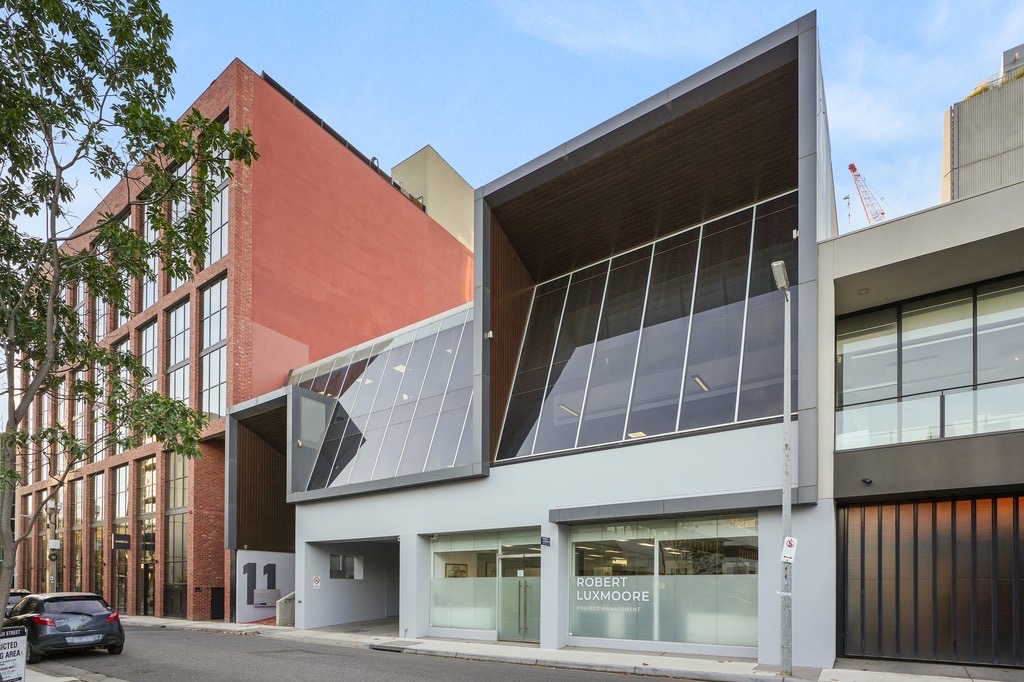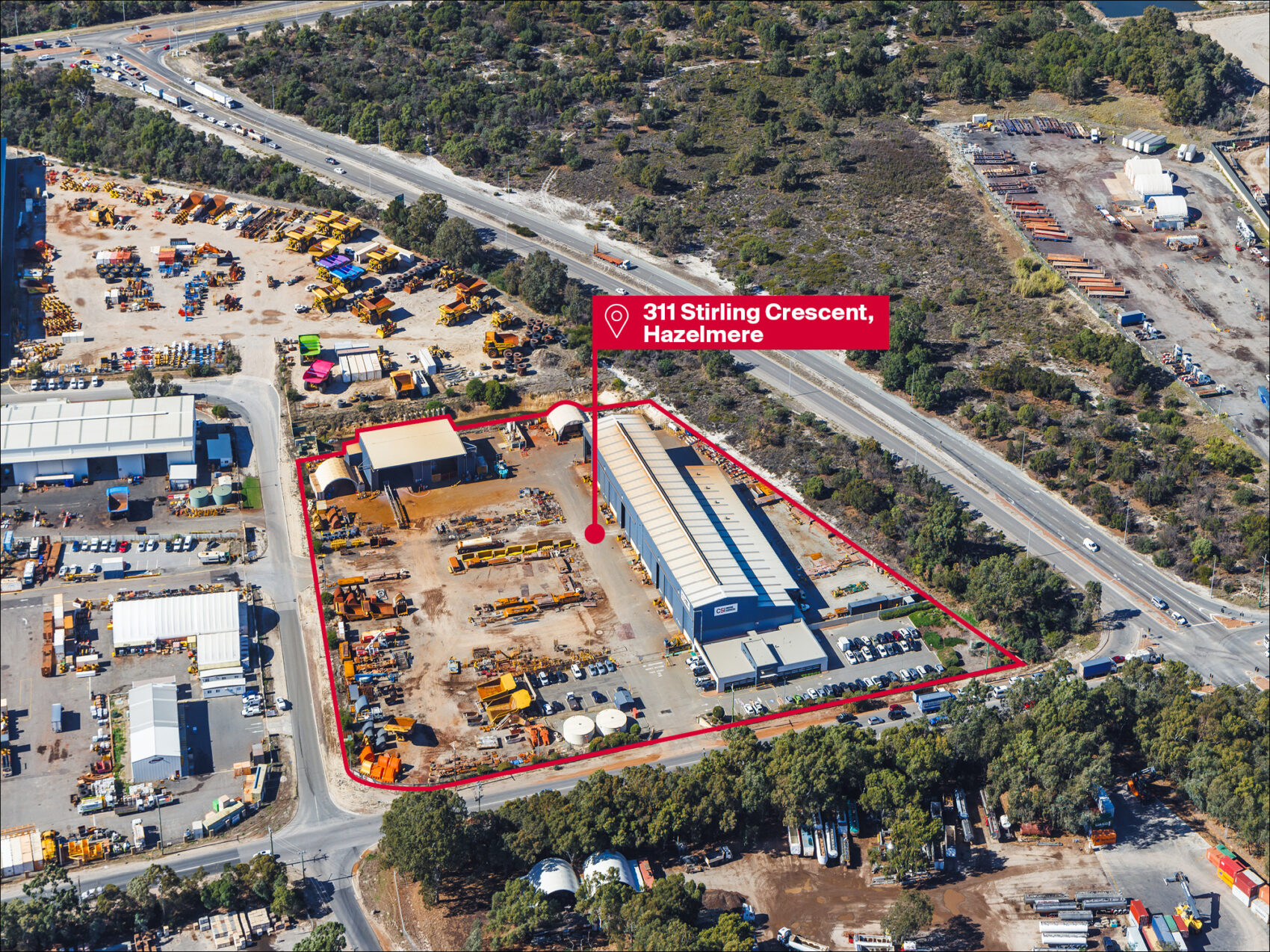Tasmania’s London Lakes, One of the World’s Top Fly Fishing Estates, Up for Sale
5 November 2024
Tasmania’s London Lakes, one of the world’s top fly fishing destinations, has been listed for sale for only the second time in its 50-plus year history.
The estate, which covers more than 2000 hectares of freehold title, is located in Tasmania’s Central Highlands, in the geographic centre of the state, two hours’ drive from Hobart or Launceston.
The property includes three lakes – Lake Big Jim (378 hectares), Lake Samuel (563 hectares) and the smaller Lake Benjamin adjoining the stream system.
It also includes lodging accommodation including a 520sq m lodge, which is a building made of timber and stone situated on the shores of Lake Samuel. It includes six bedrooms with ensuite bathrooms, eating areas, kitchen, laundry, office, library, storage rooms and a rod room.
Further accommodation is provided with a 150sq m weatherboard farmhouse situated on the shores of Lake Big Jim, which has four bedrooms, two bathrooms, expansive open decks, a lounge and open fire.
Other buildings on the estate include a workshop with attached amenity to accommodate a guide, an historic timber hayshed and storage area.
London Lakes is being taken to the market via Jason Oster of Knight Frank and Sam Woolcock of Elders acting on behalf of the vendors, a group of families from Sydney, who purchased the estate in 2003.
Price expectations are from US$20 million (A$30 million+).
The London Lakes Estate that exists today began when Jason and Barbara Garrett purchased the land in 1973. Over the next 15 years they created Tasmania’s first private fly fishery, in marshy land east of Lake Echo.
The property was soon regarded as one of the best fly fishing estates in the world, and was the venue for the inaugural Commonwealth Fly Fishing Championships in 1988.
In 2003 London Lakes was purchased by its current owners.
Since their ownership they have made substantial improvements to the estate. The highland stream that connects the two biggest lakes – which were created when the then-Hydro Electric Commission began dam works in 1977-78 – was extended, creating a stream and pondage complex to challenge the most experienced fly fisher.
The fishery represents a unique fishing environment populated exclusively by brown trout from the self-spawning stream that feeds into Lake Samuel. The other lakes offer both rainbow and brown trout.
Over the period of ownership the current owners undertook a careful restocking program with wild trout, which refreshed and improved a fishery that already had a reputation as one of Tasmania’s best public or private water.
Mr Oster said London Lakes offered a once in a generation opportunity to secure an iconic estate known as one of the world’s top fly fishing destinations.
“This once in a generation sale will mark only the second time the property has sold in more than 50 years,” he said.
“A coveted fly fishing destination, London Lakes has been host to fly fishing championships at both the national and international level and is known the world over for its challenging fishery and fish of exceptional condition.
“This protected pocket of Tasmania offers the seclusion and security of one of the world’s most pristine and remote natural environments, and is alive with complex ecosystems of flora and fauna that has been fostered in a managed conservation program.
“We expect significant buyer interest in this asset including from both overseas, interstate and local buyers.”
Mr Woolcock said: “The Tasmanian market has seen strong demand from both local and international buyers seeking untouched wilderness and privacy.
“We have also noticed an increase in enquiries from buyers seeking cooler and less volatile climates.”



